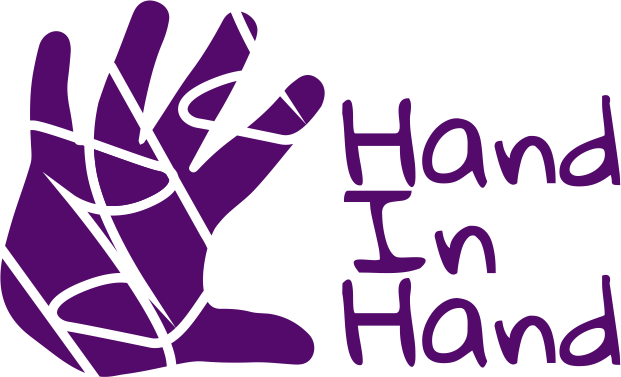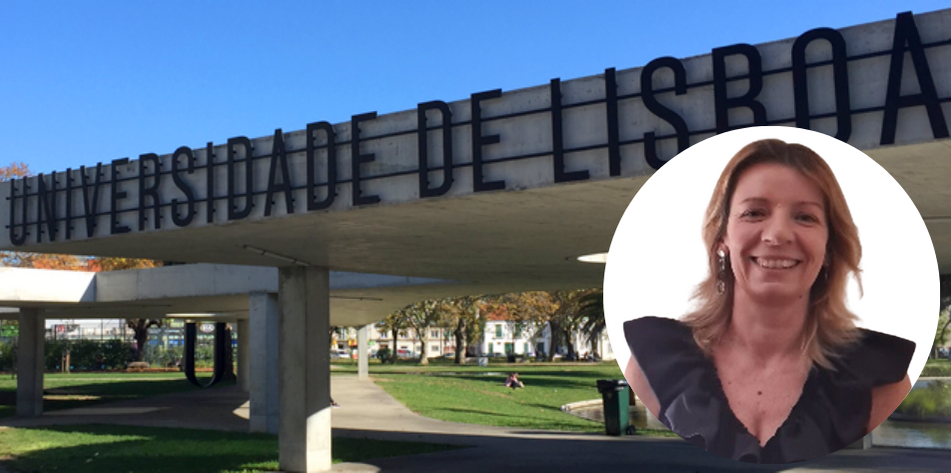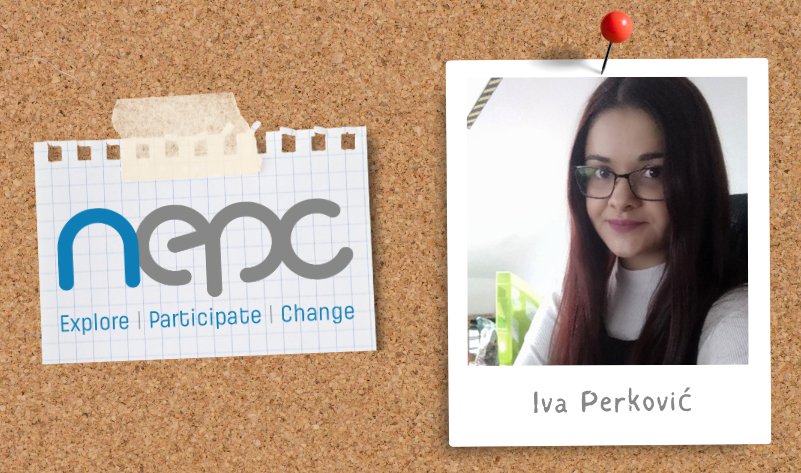




Learn more about the implementation of the HAND:ET programme and the effects it had in Portugal.
In this interview with Gina Tomé from Universidade de Lisboa (Ulisboa), HAND:ET partner responsible for implementing the HAND: Empowering Teachers programme in Portugal, we will discuss the implementation of the HAND:ET programme and the effects it had in Portugal.
Introducing the HAND:ET Consortium & SEDA competencies is a series of web articles that will be regularly shared via HAND:ET web site and social media channels (FB, TW). We will present the project partners through short interviews with members of the project teams on the topics from the field of their expertise that is also connected to and relevant for the HAND:ET project main theme: social and emotional competencies and diversity awareness (SEDA) and empowering teachers in schools.
HAND:ET project is empowering teachers for the complexity of everyday working life and enabling them to deal flexibly with the new challenges connected with the societal changes.
Universidade de Lisboa (Ulisboa) is the largest and most prestigious university in Portugal and is one of Europe’s leading universities. Heir to a university tradition that spans over seven centuries, Ulisboa acquired its current status in July 2013, following the merger of the former Universidade Técnica de Lisboa and Universidade de Lisboa. Ulisboa brings together various areas of knowledge and has a privileged position for facilitating the contemporary evolution of science, technology, arts and humanities. The quality of teaching, research, innovation and culture of Ulisboa is attracting an ever-increasing amount of talent from around the world.
Ulisboa was responsible for implementing the HAND: Empowering Teachers programme in Portugal and the upscaling of the results on the national policy level.
Gina Tomé is Educational Psychologist, Clinical and Health Psychologist. She has Master's Degree in Behavioural and Cognitive Therapies, PhD in Educational Sciences specialising in Health Education from the Faculty of Human Motricity (FMH, UL) and Post-doctorate in Psychology from the FCT. She is Assistant Researcher and Professor at the Faculty of Human Motricity; Researcher on the Social Adventure project team; Coordinator of the ES'COOL Project - Promoting Mental Health in Schools / Social Adventure Team. She is also Collaborating researcher at ISAMB, at the Faculty of Medicine of the University of Lisbon. She participated in different teacher training projects, promoting socio-emotional skills and healthy behaviours in children and adolescents and she is also part of the Portuguese and International team at HBSC (Health Behavior in School Aged Children).
We have learned from TALIS (2018) that significant proportion of lower secondary teachers in Portugal are experiencing „quite a lot“(52,5) and „a lot“ (34,8) of stress at work. Moreover, during the implementation of the HAND:ET project there were also teacher strikes across the country. Are the core concepts addressed within the HAND:ET such as teachers socio-emotional competencies and diversity awareness recognized as relevant in the educational context in Portugal?
These concepts are getting increasingly recognised, not just because our teachers are increasingly exhausted and demotivated, they also need strategies to promote these skills. However, the problem is putting these strategies into practice in schools. Main obstacle is that there are always academic programmes to follow and bureaucratic work, which ends up leaving the promotion of teachers’ well-being in the background.
You have been coordinating the HAND in HAND Empowering teachers project in Portugal and also leading the trainings for teachers. How did educators receive the HAND:ET Programme, what was their feedback? What has surprised you the most about the implementation of the HAND:ET Programme?
The teachers who stayed in the training loved the program. It made complete sense and came at the exact right moment for them. The program’s most practical strategies were replicated in almost all participating schools. What the teachers have been telling us throughout the program and in other training sessions is that they need more trainings that promote their own well-being and provide them with strategies to work on their well-being and that of the students, transforming the school into a well-being-promoting environment rather than just a context promoting academic knowledge.
A significant number of teachers feel that it is necessary to change the school; it has not kept up with the evolution of today's youth and their needs. We have many teachers resistant to change, typically those who do not participate in these types of programs, but I believe that the majority are already convinced that it is the time to "update" the school.
What surprised me the most on the positive side was the motivation of the teachers who started the program and persisted until the end, despite the challenging year; they were engaged until the end of the implementation of the programme. On the negative side, I was surprised by the number of teachers who were exhausted and dealing with issues affecting their mental health.
Now, as the project is close to an end, can you please share with us what were your expectations at the beginning of the project and were they met? Do you and your fellow trainers have any plans on sustaining the HAND:ET Programme and concepts it is based on in your work?
We did not start with high expectations of continuity due to the lack of national investment in this type of program. We have some training centers interested in continuing the program, and the General Directorate of Education, in partnership with the coordinator of the team I work with, Margarida Gaspar de Matos, is implementing similar programs (with a similar structure) among teachers, which gives us more hope because, despite everything, there will be continuity.
You can learn more about the project on the official HAND:ET website, and to stay informed about the ongoing project activities and upcoming outputs follow official project Facebook or Twitter.


